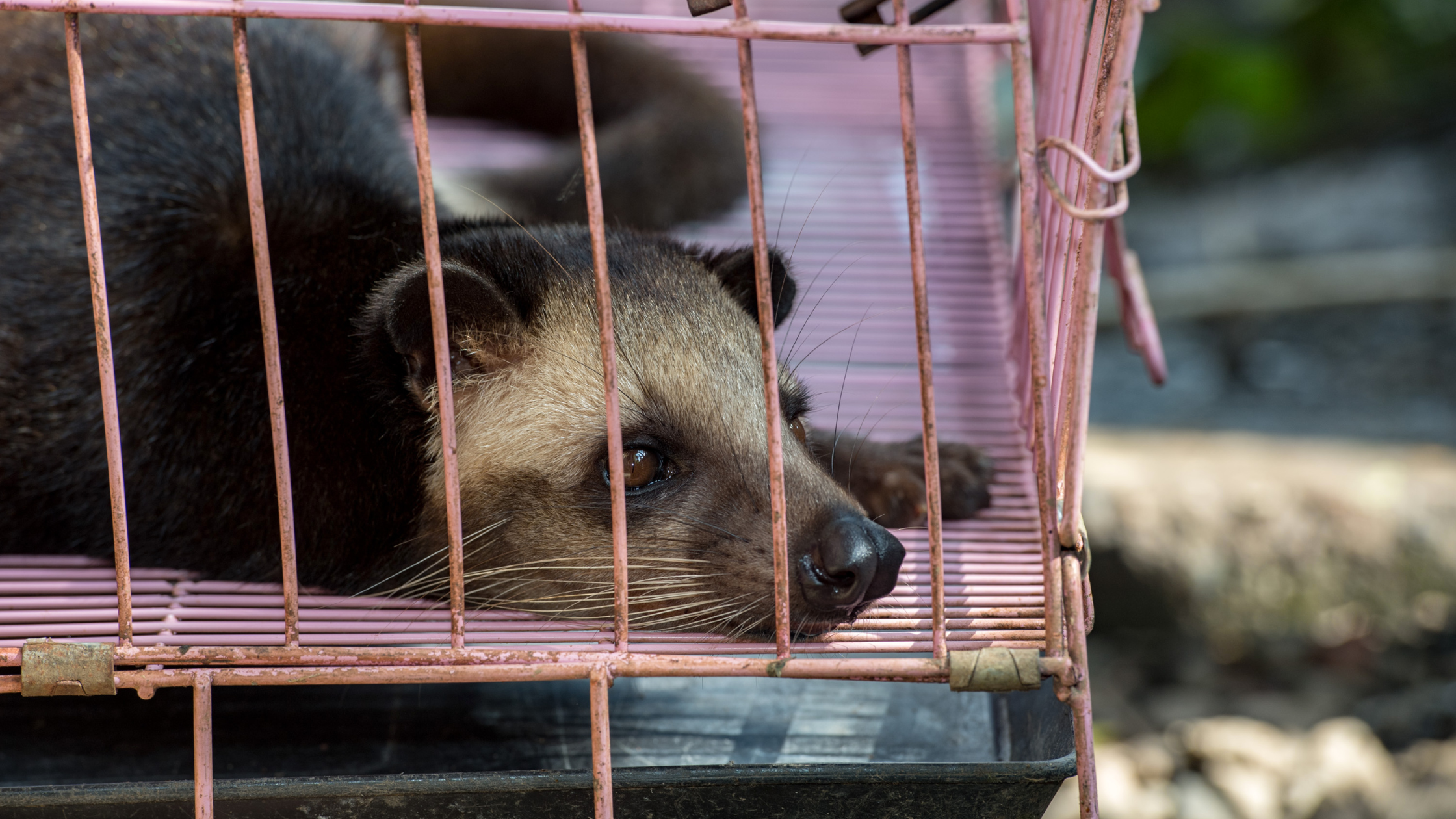
Exploring Controversial Delicacies: From Foie Gras to Kopi Luwak
Delicacies often evoke images of exquisite culinary experiences, tantalizing the taste buds with their unique flavors and textures. However, some delicacies come with a side of controversy, raising ethical questions about the treatment of animals involved in their production. In this blog post, we'll delve into two such delicacies: foie gras and Kopi Luwak.
Foie gras, French for "fatty liver," is a controversial delicacy made from the liver of ducks or geese that have been force-fed to engorge their livers. This process, known as gavage, involves inserting a tube into the bird's esophagus and delivering a high-calorie mixture directly into their stomachs, causing their livers to swell to several times their natural size. The result is a rich and creamy liver prized for its unique taste and texture.
While foie gras has been enjoyed for centuries, its production methods have sparked intense debate and condemnation from animal rights activists and organizations. Critics argue that force-feeding ducks and geese is inherently cruel and causes unnecessary suffering to the animals involved. They point to evidence of physical discomfort, injury, and stress experienced by birds subjected to gavage, as well as the ethical implications of force-feeding animals solely for the purpose of human consumption.
In response to these concerns, several countries and regions have implemented bans or restrictions on the production and sale of foie gras. For example, California banned the sale of foie gras in 2012, citing concerns about animal welfare, while other countries, such as Israel, have prohibited force-feeding altogether. Despite these efforts, foie gras remains a divisive delicacy, with proponents defending its cultural significance and culinary tradition.
On the other side of the globe, Kopi Luwak offers a unique twist on the world of coffee. Also known as civet coffee, Kopi Luwak is made from coffee beans that have been eaten, partially digested, and excreted by civet cats. The digestive enzymes in the civet's stomach purportedly alter the beans' flavor profile, resulting in a smoother and less acidic brew.
Like foie gras, Kopi Luwak has faced criticism for its production methods, particularly regarding the welfare of the civet cats involved. In some cases, civets are kept in captivity and force-fed coffee cherries to increase production, leading to concerns about animal cruelty and exploitation. Additionally, wild civets may face habitat loss and other environmental pressures due to the demand for Kopi Luwak.
Despite these ethical concerns, Kopi Luwak continues to be prized by coffee enthusiasts for its unique taste and rarity. However, consumers are increasingly demanding transparency and ethical sourcing practices from coffee producers, leading to greater scrutiny of the Kopi Luwak industry and efforts to promote sustainable and humane alternatives.
In conclusion, delicacies like foie gras and Kopi Luwak offer a glimpse into the diverse world of culinary traditions and tastes. However, their production methods raise important ethical questions about the treatment of animals and the sustainability of these practices. As consumers, it's essential to consider the ethical implications of the foods we consume and support efforts to promote transparency, sustainability, and animal welfare in the food industry.




